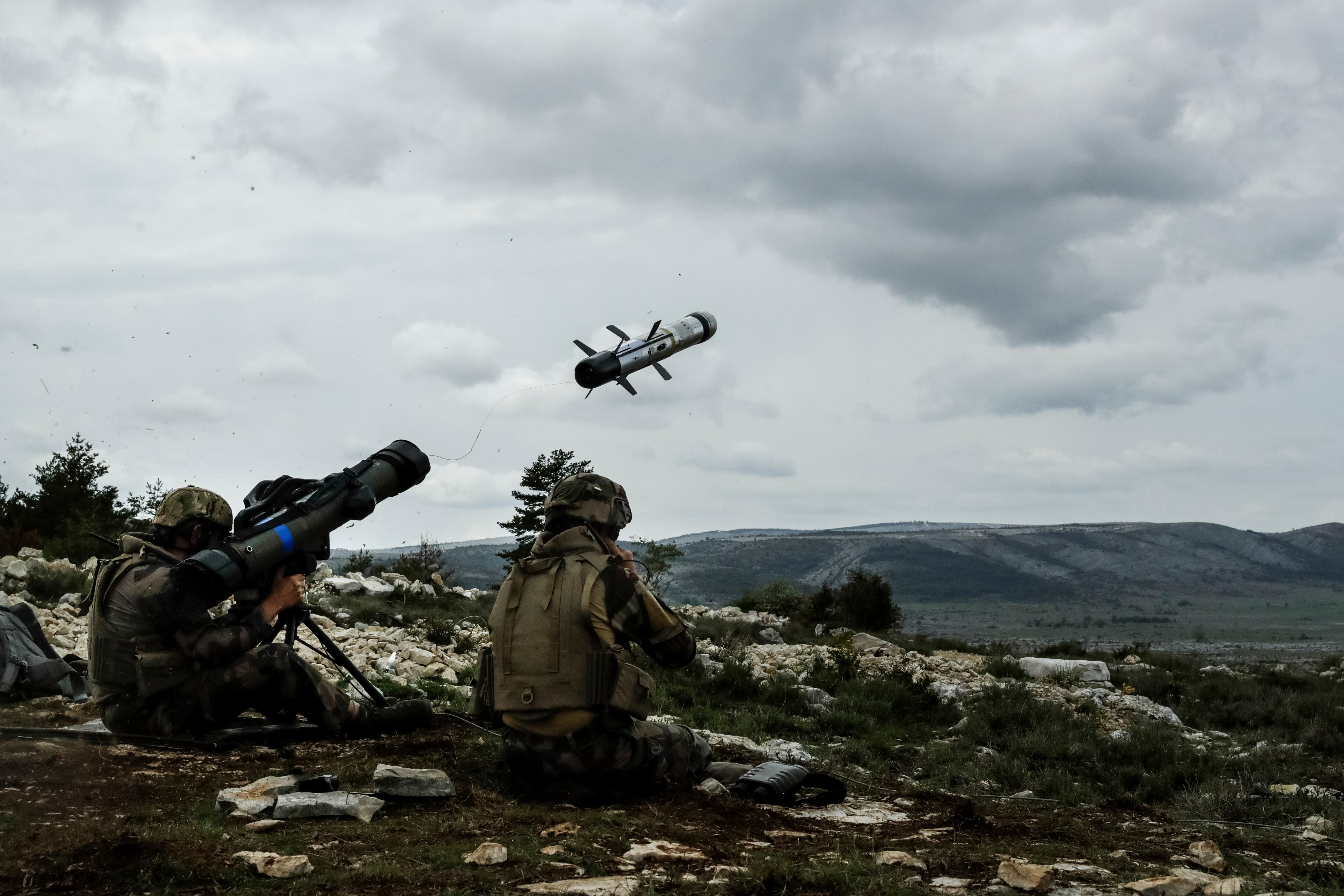European Commission President-elect Ursula von der Leyen’s in-tray of burning issues keep on expanding, as she needs to cater to different political groups and member states.
It would be tempting to see European defense as not needing her attention. Indeed, after decades of neglect, broken promises and false starts, member states have been reinvesting in defense, and even the European Union is now seriously chipping in with the European Defence Fund. However, as a former defense minister, von der Leyen must know that behind those encouraging trends lie glaring gaps.
If strategic autonomy is the new buzzword, few European leaders can say how exactly Europe can defend itself. European defense ministers and chief of defense staffs lack a dedicated forum for consultations, planning and taking decisions together. And even if such forums were to be created, few will know how to execute the EU’s solidarity and mutual defense clauses (Article 222 and Article 42.7); there are no plans and procedures agreed upon on how those clauses should be applied in case of crisis.
Without tackling those gaps head on, recent improvements, while laudable, will make only a marginal difference. This is why von der Leyen should launch the first-ever EU defense whitepaper to get EU institutions and member states focused on delivering a more operational European defense.
The whitepaper should seek to answer three basic questions. Firstly, what do we want European defense to be able to do within the next 10 years? The closest to a European level of ambition are the three objectives agreed by the European Council on November 2016: responding to external conflicts and crises, building the capacities of partners, and protecting the union and its citizens. If those are well-meaning priorities, they hardly say what member states should be able to do together.
This poses not only a problem for setting clearer defense-spending priorities with member states. It also sends a fuzzy message to European voters. Without clearer operational objectives — can Europe conduct its own operations, like in the Sahel and Syria, while countering a hybrid attack from a state actor? — the fresh money earmarked for new defense technology projects will be spent without clear, common goals. This is why the whitepaper should also be used as the opportunity to reset the European Defence Agency, whose role nowadays is marginal.
The second question to answer is: How can the Europeans better decide collectively in time of crises? There is currently no dedicated forum for defense and security matters in the EU. The Political and Security Committee does not bring together the upper echelon of national defense ministries and armed forces. Ministers of defense meet only twice a year on the sideline of the Foreign Affairs Council. If European chiefs of defense staff want to meet, they can only do so at NATO.
RELATED

A European Defence and Security Council, as floated by Berlin and endorsed by Paris, will inevitably raise some issues. It will give the impression that yet again European defense means building more institutional layers in Brussels, not more military capacity. And it will bring back the difficult question of the unanimity rule, which often reduces European foreign and security policy to a minimum common denominator. But von der Leyen’s joker card might be with French President Emmanuel Macron’s European convention, which might put the question of the unanimity rule on the table and push toward the flexible “qualified majority voting” for foreign and security policy issues.
Finally, the whitepaper should clarify what the EU solidarity and mutual defense clauses really mean in case of crisis. On paper, the mutual defense clause, Article 42.7 of the Treaty of the European Union, reads as strong as NATO’s Article 5. Yet the latter means something because it is backed by contingency plans, agreed procedures and national capabilities earmarked for such scenarios.
When France invoked for the first time Article 42.7 after the Bataclan terrorist attacks in November 2015, Paris worked bilaterally with a handful of member states. If a large member state like France can do so, this is not the case for others. If, for example, Estonia were to face a national security crisis and would want to invoke 42.7, it would not know where to start.
A whitepaper exercise will not be without pitfalls. Many remember EU High Representative Federica Mogherini’s much-vaunted Global Strategy, which generated much noise but crash landed few days after Britain’s Brexit referendum to leave the EU. Von der Leyen should avoid handing the pen to one EU institution, and instead entrust a group of national and independent experts to do the work. This is what successive French governments have done: assigning the whitepaper to a group of experts with government representatives. Someone like Michel Barnier, the EU’s chief negotiator, has all the credentials to play a lead role.
Von der Leyen herself launched a whitepaper when she was Germany’s minister of defense. She’s familiar with the imperfection of the exercise but also its advantages to force changes in structures and mindset often stuck in bureaucratic inertia and infighting. This is how she managed to get a cyber headquarters off the ground. The question is whether she will be willing to push through a true European defense revolution, or settle for more of the same.
Fabrice Pothier is chief strategy officer at Rasmussen Global, co-founder of the Transatlantic Commission on Election Integrity, and consulting senior fellow for defense policy and strategy at the International Institute for Strategic Studies.








